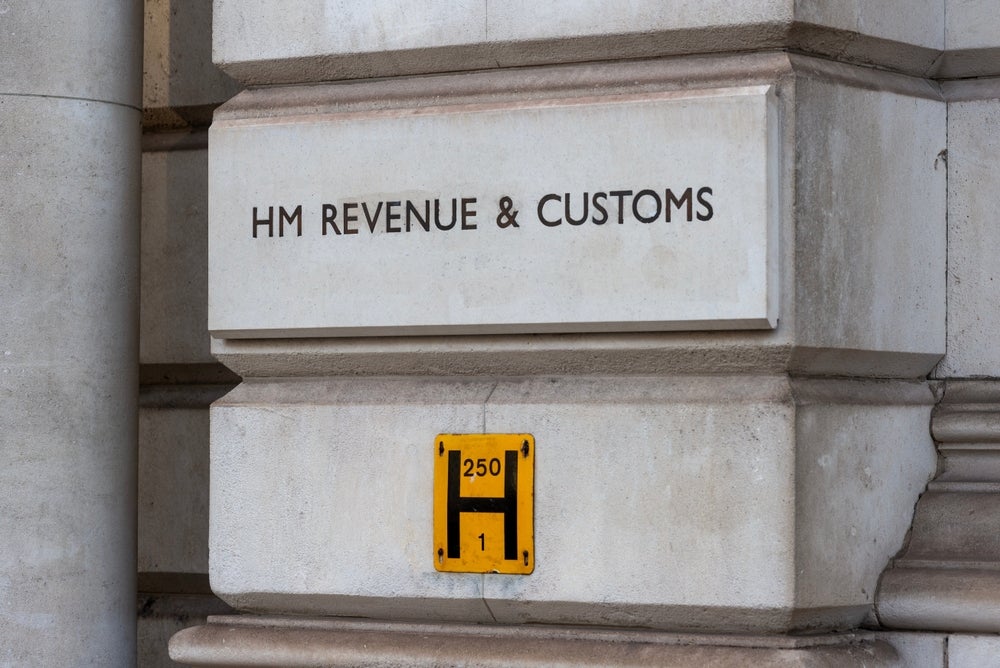
The tax gap is the difference between taxes collected by HMRC and the theoretical amount that should have been collected. With Rachel Reeves stating a focus on “tax dodgers”, the new Labour government has unveiled an ambitious aim of generating additional annual tax revenues of £5.1bn through targeting the tax gap. What could this mean for UK corporates?
The estimated tax gap for 2022/2023 was £39.8bn, with corporation tax contributing 34% (or £13.7bn) and VAT contributing 20% (or £8.1bn). Given much of the estimated tax gap is in relation to taxes that are self-assessed by UK businesses, this is likely to be an area for the UK government to target.
Interestingly, the language used by the chancellor to date in ‘taking on the tax dodgers’ has seemingly focused the attention on tax avoiders and evaders. However, HMRC statistics suggest that tax avoidance makes up the smallest proportion of the tax gap, at 4.5%. In contrast, around 14.6% of the tax gap relates to errors. As such, whilst the focus may be on tax avoidance and evasion, a number of UK businesses could get caught in the crossfire where they have acted in good faith, but where unknown errors have nevertheless arisen.
Rachel Reeves has pledged to bolster the number of compliance officers to increase the number of investigations undertaken by HMRC. One way in which she may look to do this is by increasing the number of Customer Compliance Managers (‘CCMs’) on HMRC’s roster. CCMs are allocated by HMRC to certain businesses depending on their size, complexity and tax risk.
A Freedom of Information request submitted by RSM identified that on 31 March 2023, there were 278 CCMs working with taxpayers, the majority (167) of which worked as part of the Large Business Directorate. On average, each of the 167 CCMs worked with 12 customers, meaning over 2,000 large businesses were allocated a CCM. Whilst CCMs are tasked with ensuring businesses are tax compliant, this model also allows taxpayers to have an open and honest dialogue with HMRC, often resulting in pragmatic discussions and solutions in respect of their tax affairs.
By expanding HMRC’s CCM network, allowing them to focus their attention on the tax compliance of more large businesses (broadly those with at least £200m of UK turnover or £2bn of assets) or by extending the CCM network’s reach to ‘higher risk’ small and medium sized businesses, this could likely identify areas where tax has been incorrectly under-assessed. Depending on the behaviours underpinning tax underpayments, this may also pave the way for HMRC to raise revenues through charging penalties.
CCMs aim to help businesses be tax compliant in a proactive way, rather than just reactive and identifying previous errors. This can therefore provide an opportunity for the tax gap to be limited more at source by helping businesses get things right first time.
Given the clear direction of travel from the chancellor, if they have not already done so, businesses may want to take this opportunity to refresh their tax approach and compliance process to flush out and correct any errors before their filings are scrutinised by HMRC. Doing so may help reduce potential exposure to any penalties.






